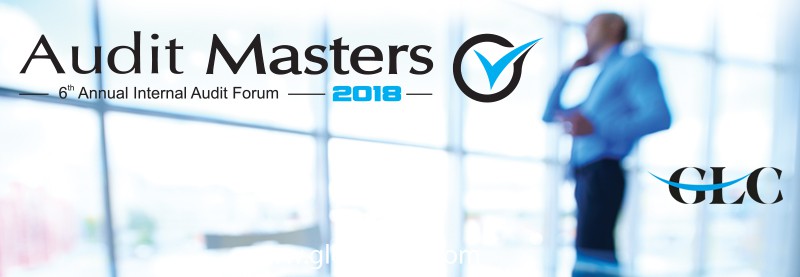When you audit, are you considering ethics? Ethics is the audit master in every way. But do we know exactly what it is? Moral principles that govern a person’s behavior.
And what are moral principles? Rules that define right and wrong.
Hence, the first step for any Internal Auditor is to know what right is and conduct himself by it. I’ve seen many cases in which the Internal Auditor is only focused on figures; obsessed to get anything that is unusual or suspicious… Or to complete as many audits as he can within a year…as if this shows his effectiveness. Or he decides to audit a specific area because he doesn’t like the person in charge…or he lies. He lies by saying he knows the regulation when he isn’t familiar with it. All these examples are what an Internal Auditor shouldn’t be doing.
The main objective of Internal Audit is to help the company accomplish its objectives. And by not being ethical, it affects the reputation of the auditor and therefore of the area. Here is an interesting reflection: if the Internal Auditor is not ethical, how can he be in charge of managing the reputational risk of the company? Yes, I know by addressing all the risks, because all of them affect the reputation of the company…however, he is the first one that should be complying with it and leading by the example. See the impact it has? Regardless how much he knows about data protection and analytics, IFRS, risk assessment…it’s meaningless without ethics. The conduct of the Internal Auditor marks not only his area, but leaves a print in the image that the Audit Committee has of it, and in the organizational culture.
If an Internal Auditor wants to improve the reputation of his area it should start by verifying if he is ethical. Because ethics is the audit master.
Join us in Lisbon on 01-02, March, 2018 to uncover the answers to these questions on the 6th Annual Internal Audit Forum.
By Mónica Ramírez Chimal, Partner of Asserto RSC, Mexico City


